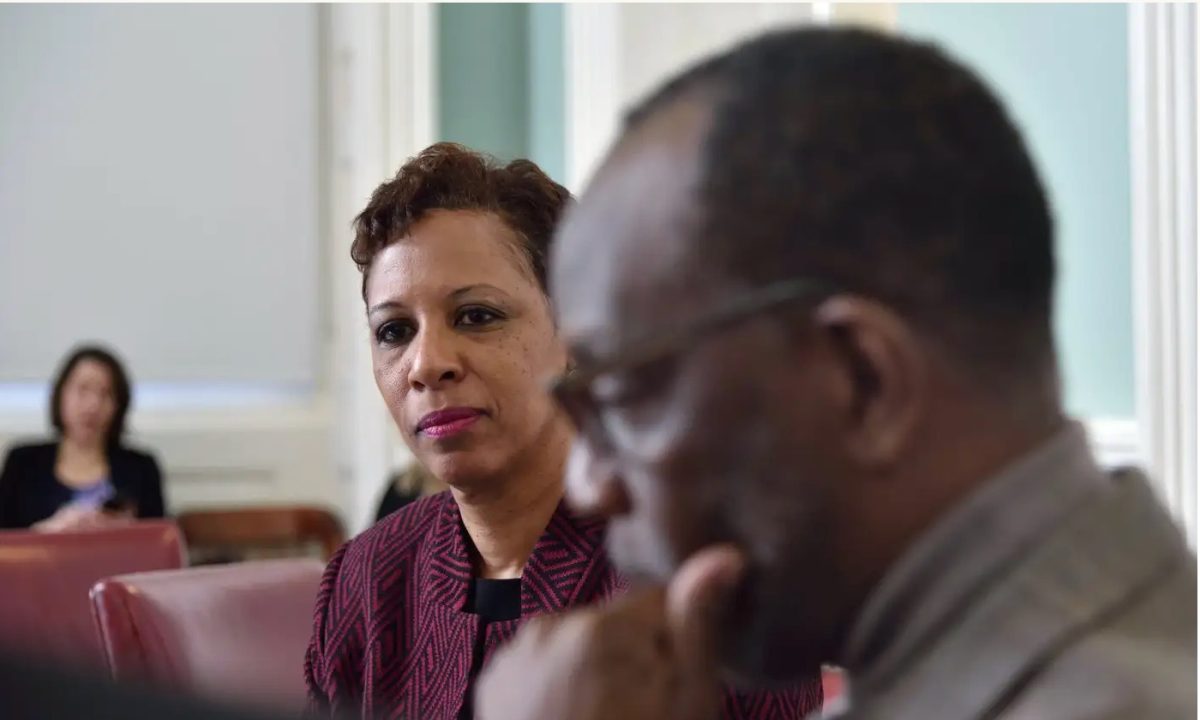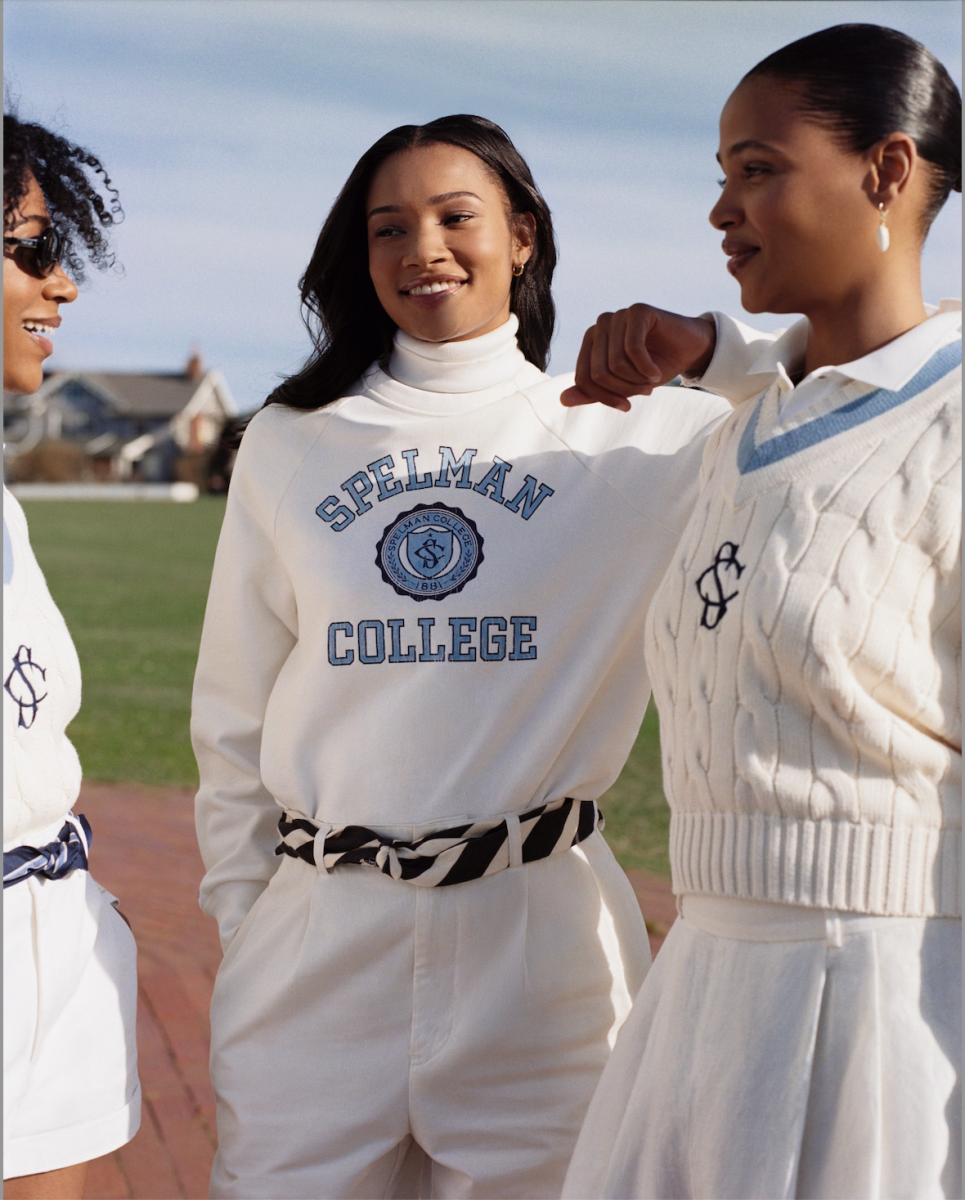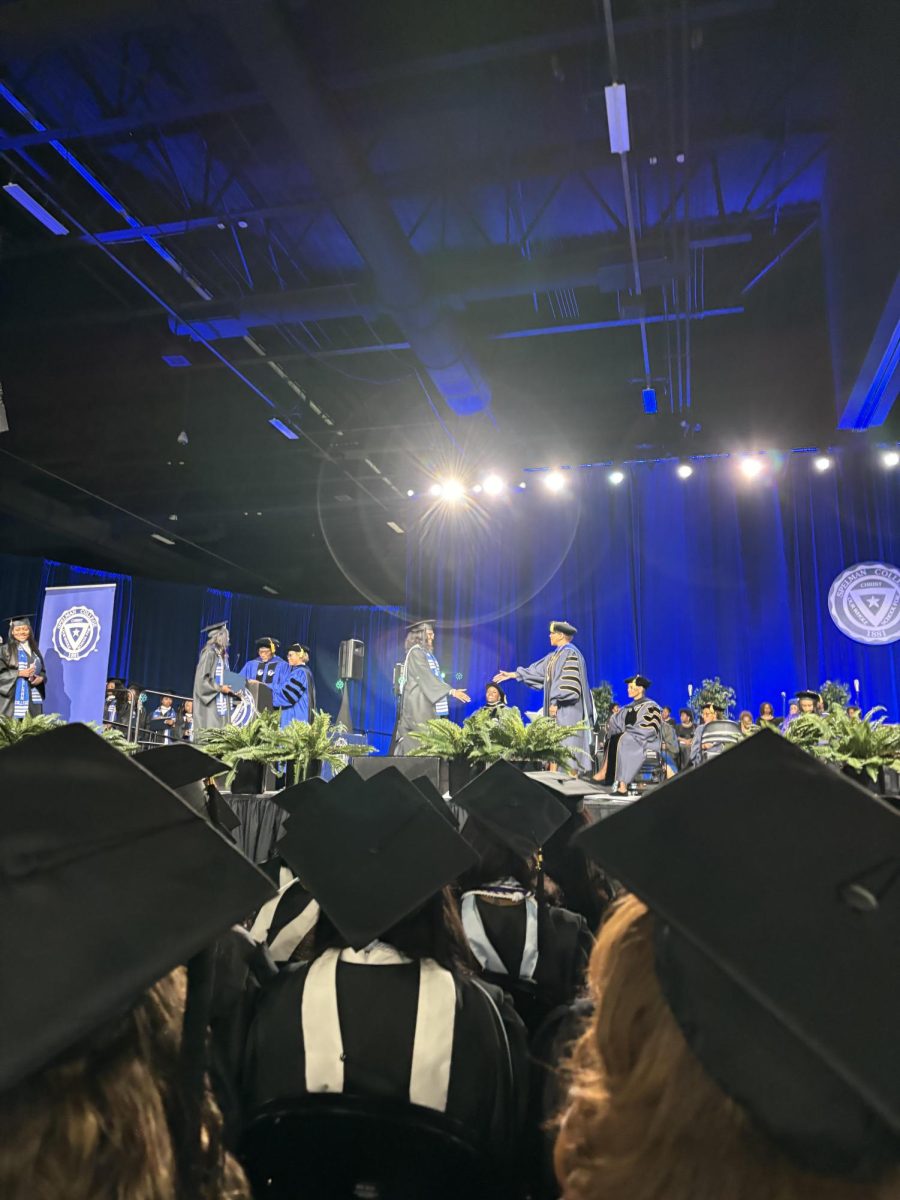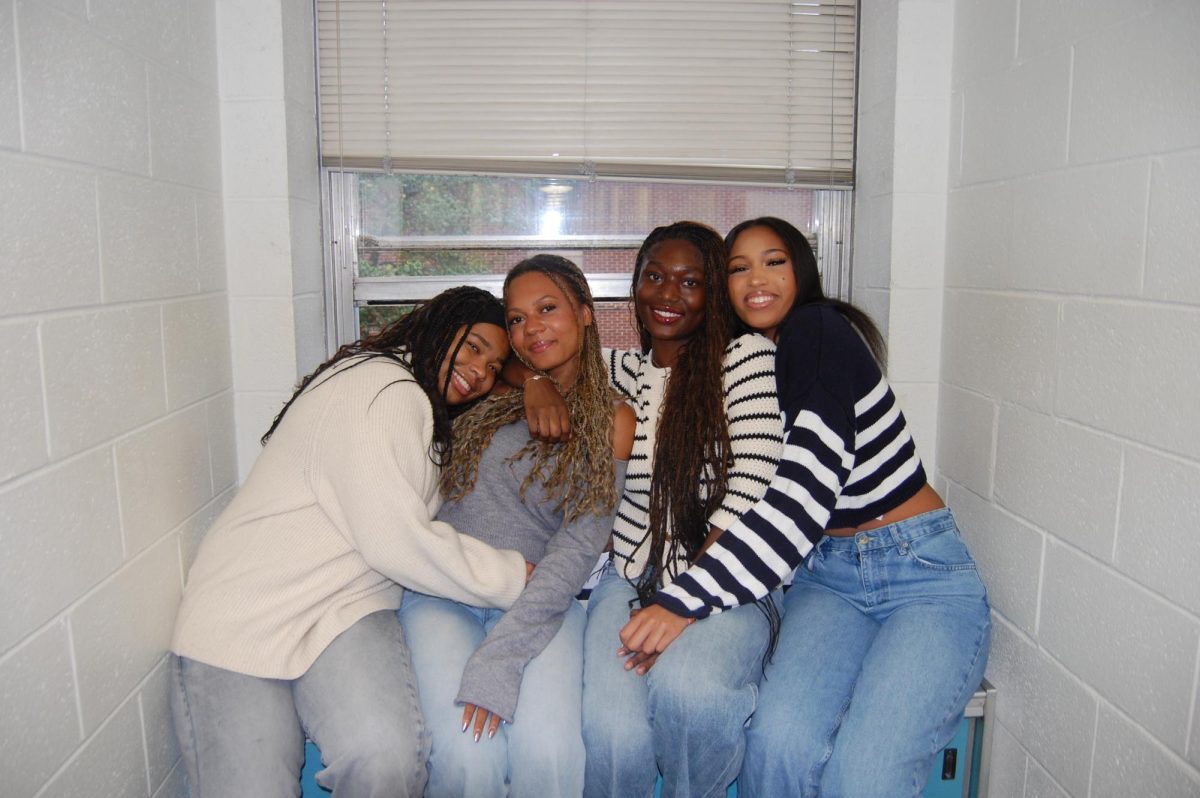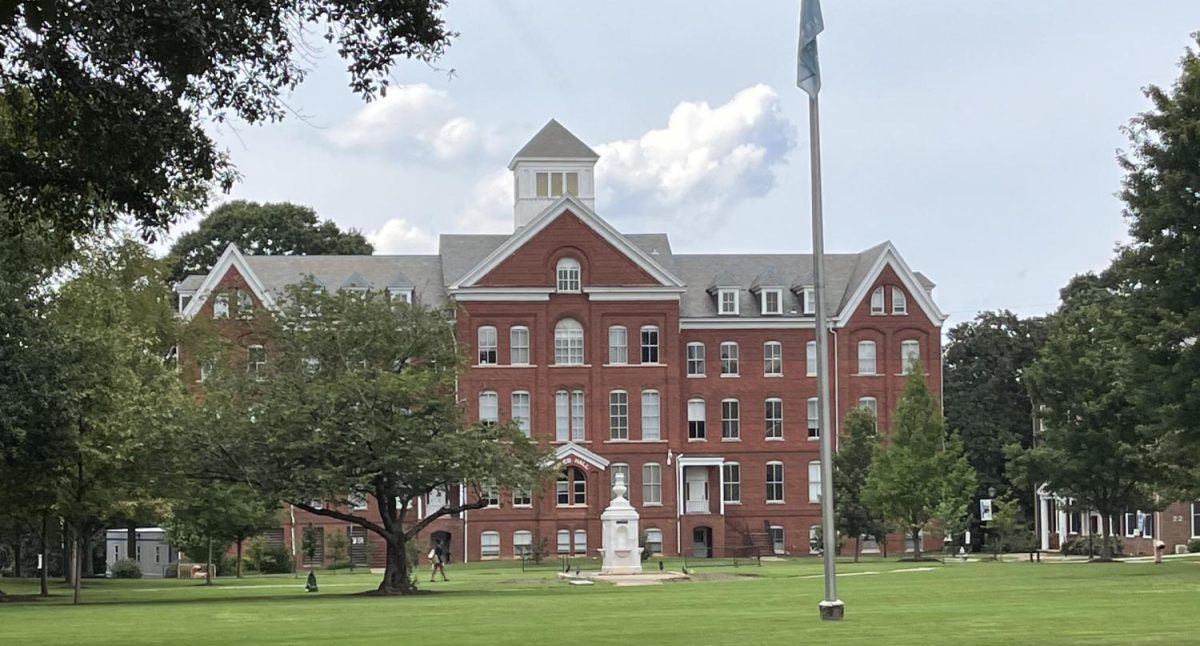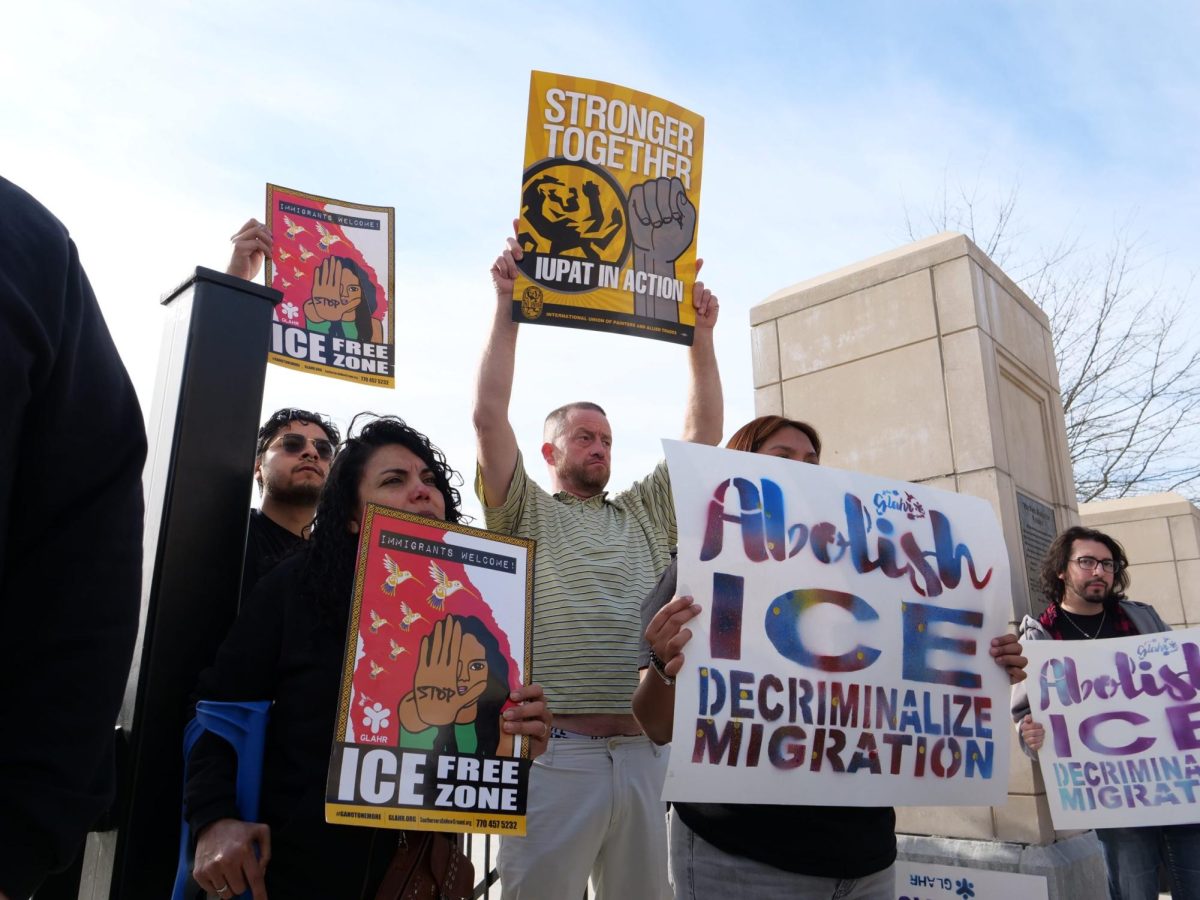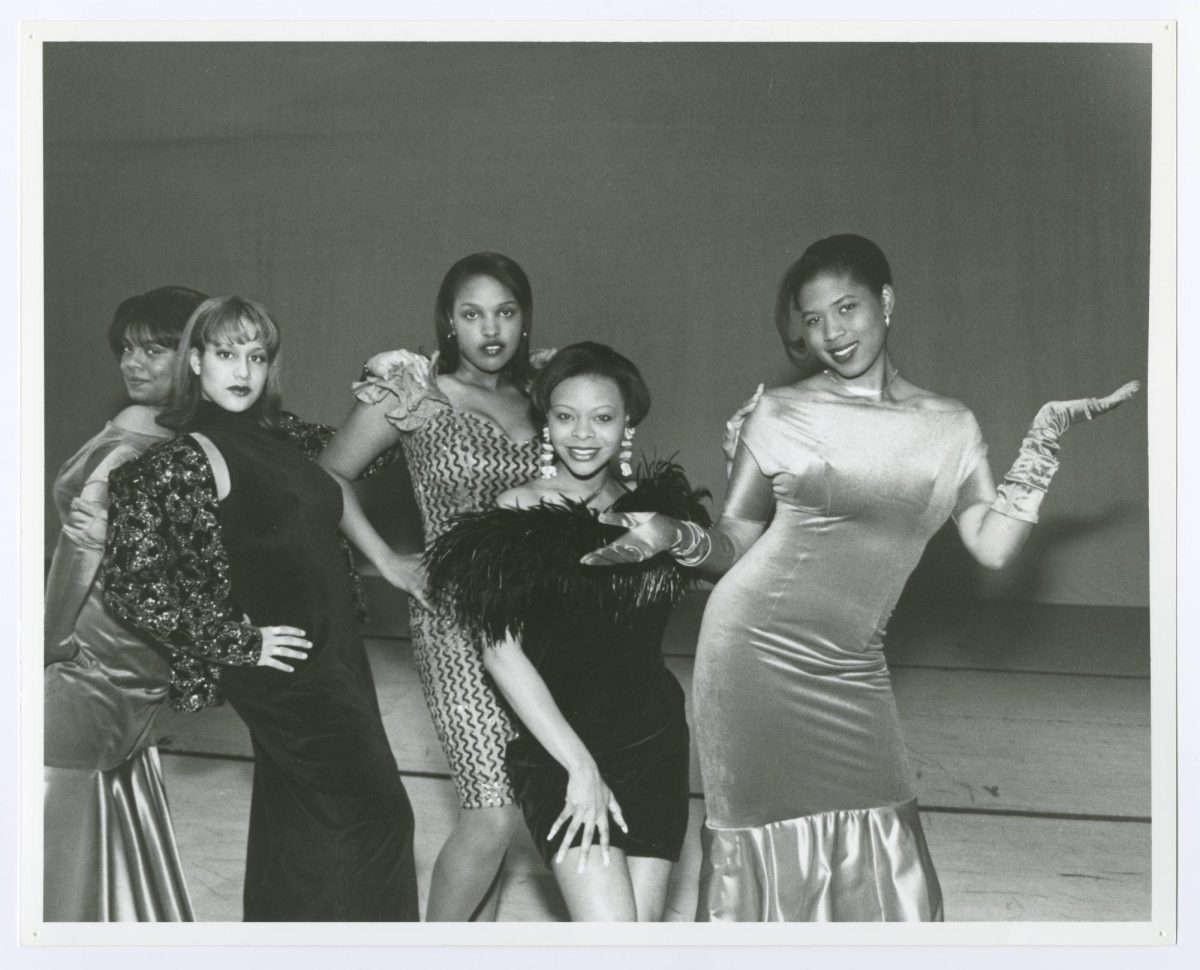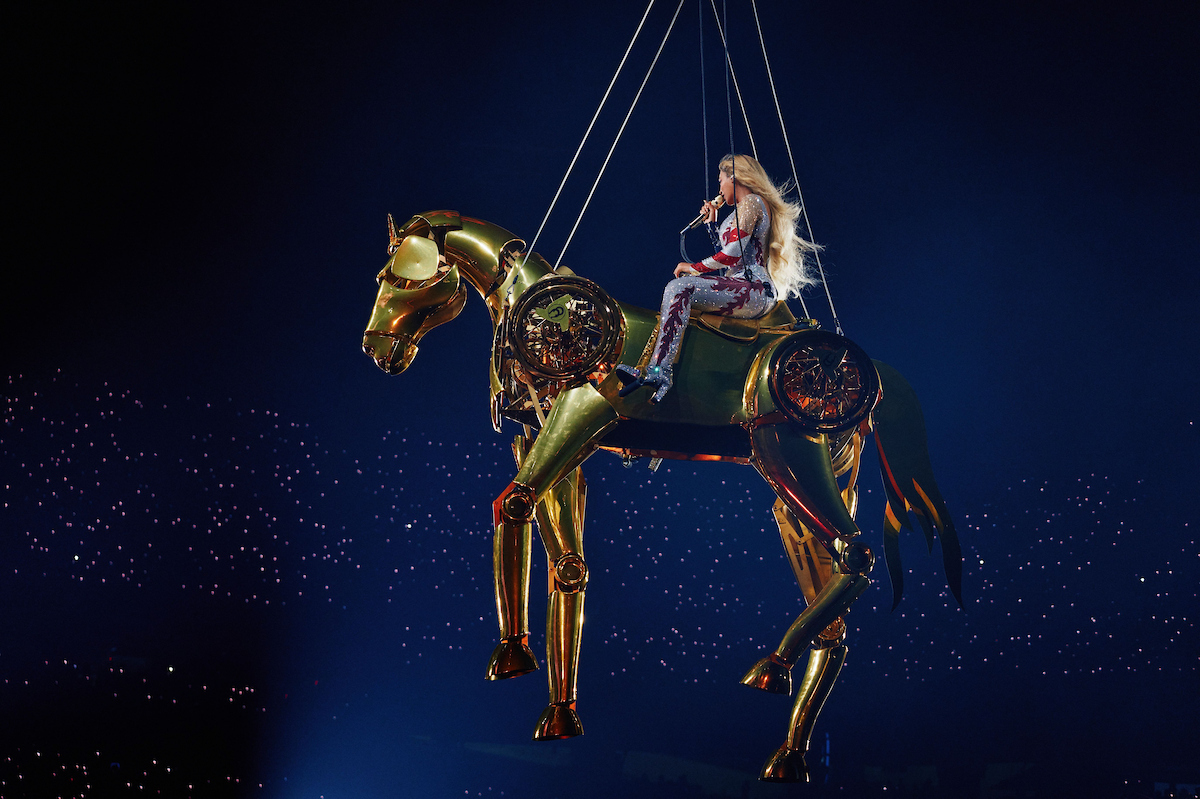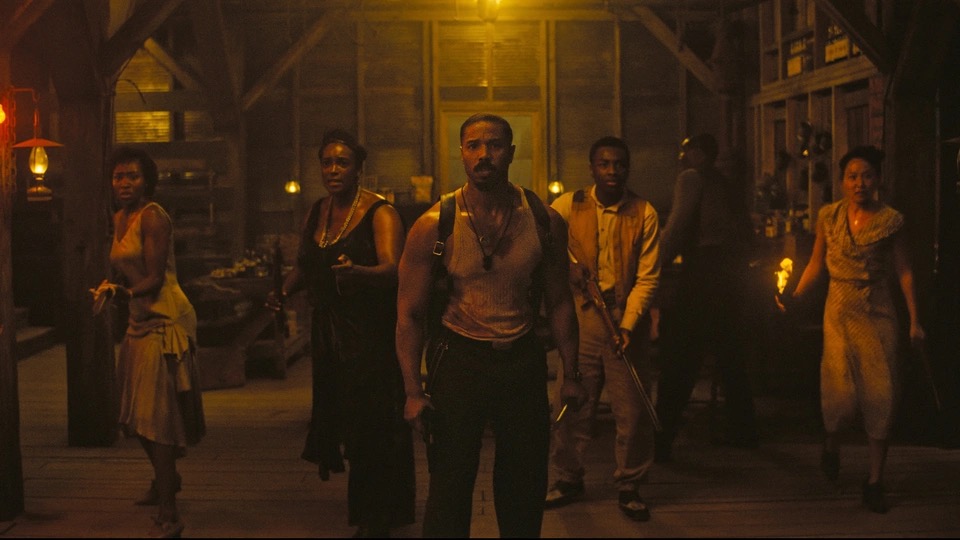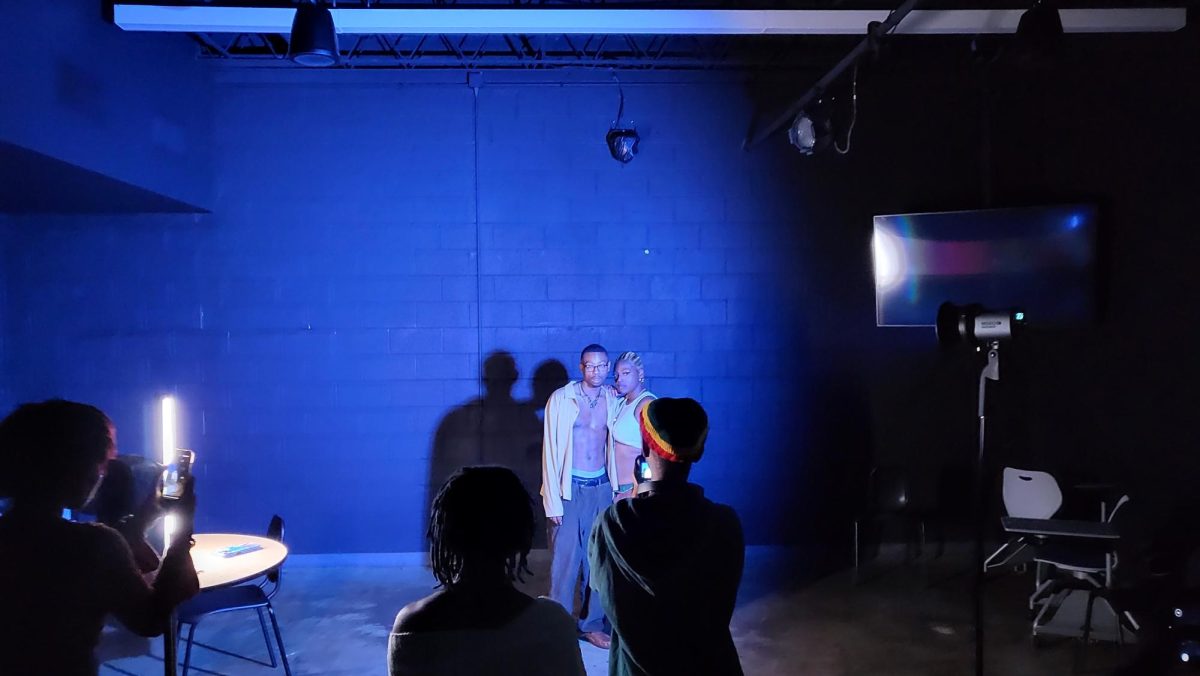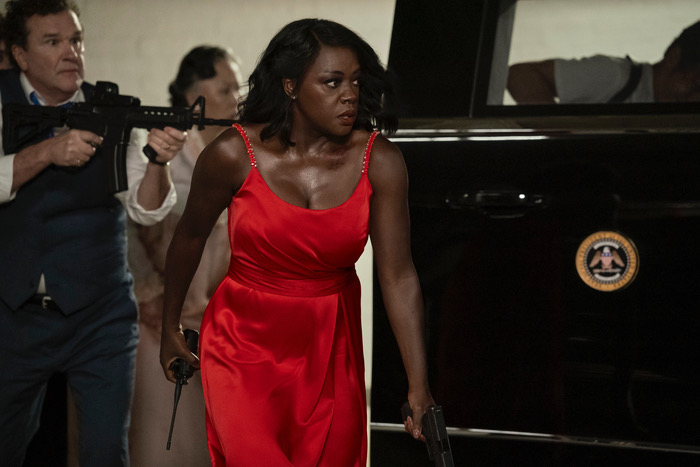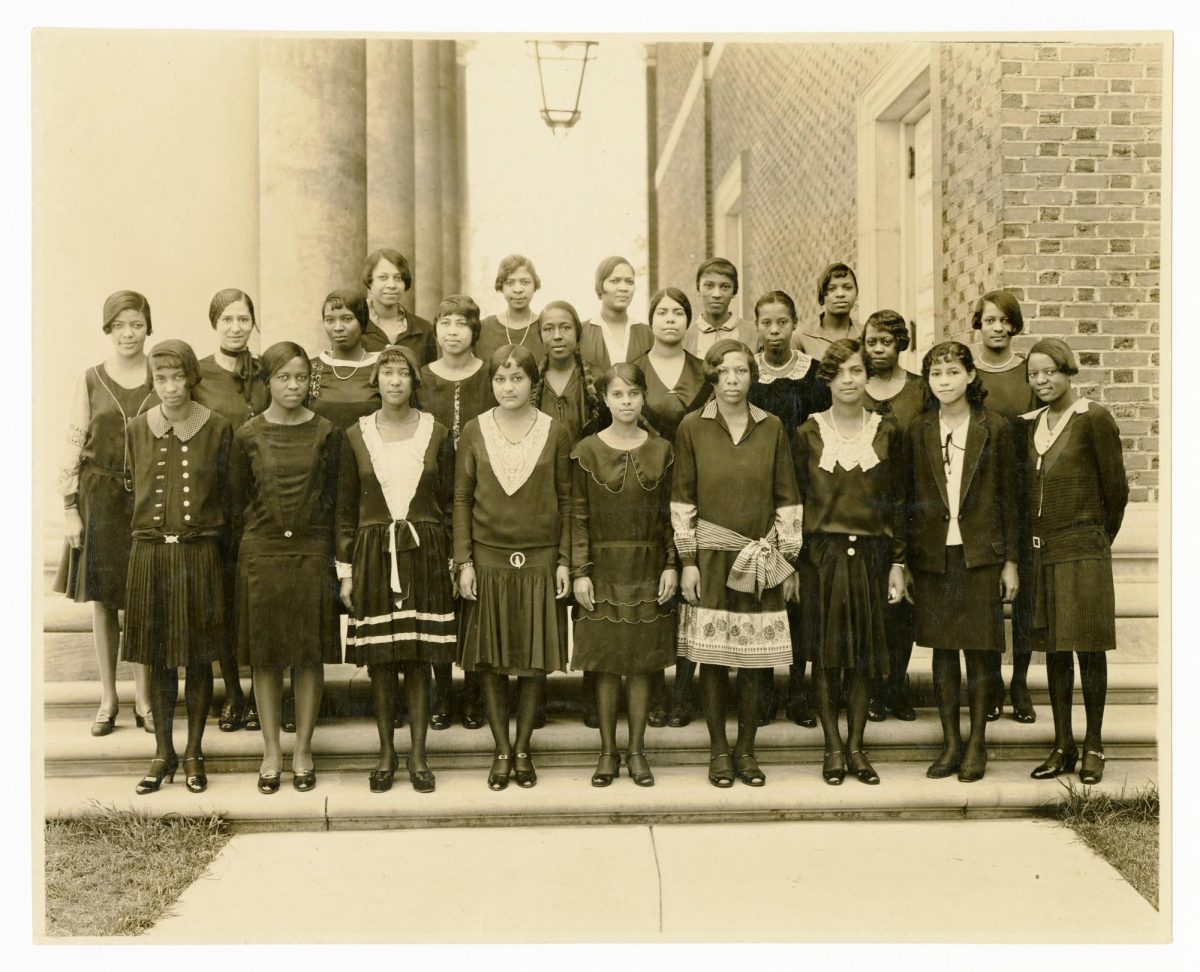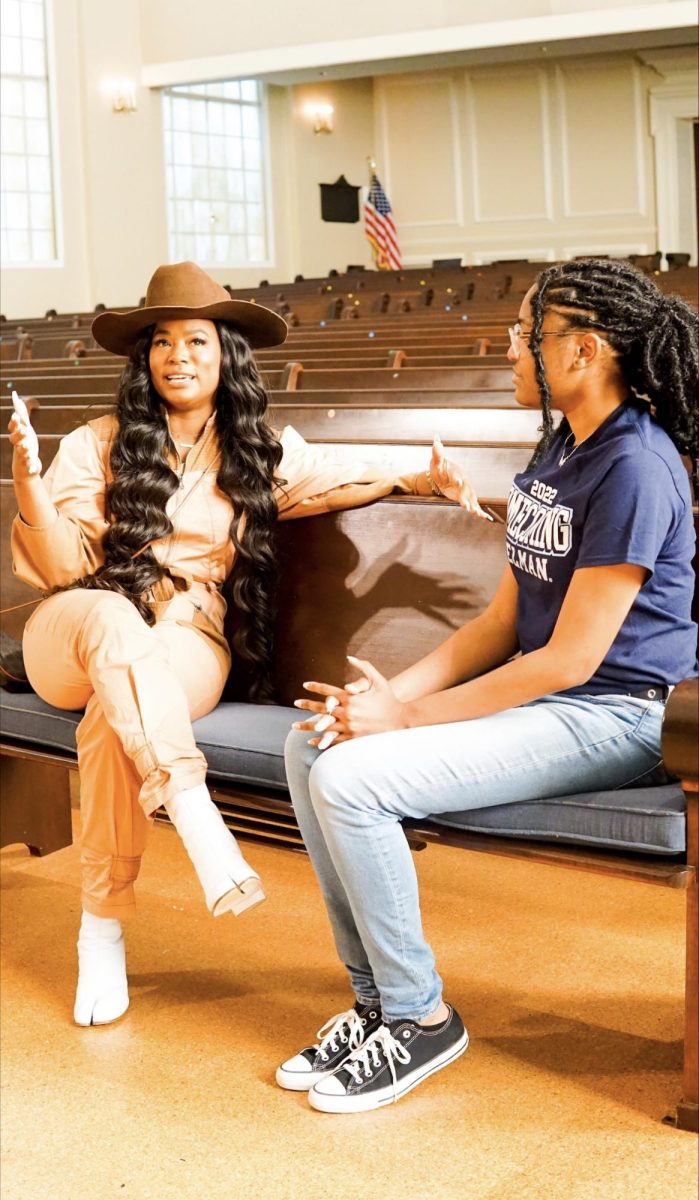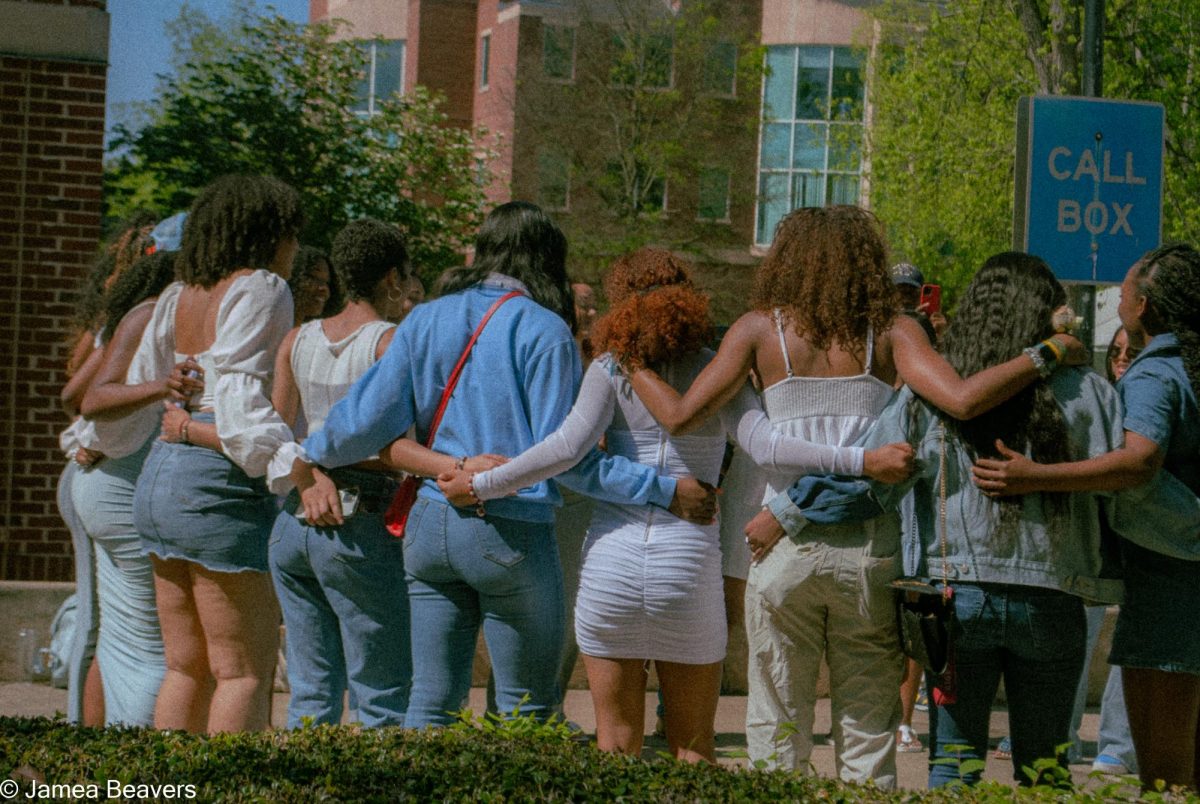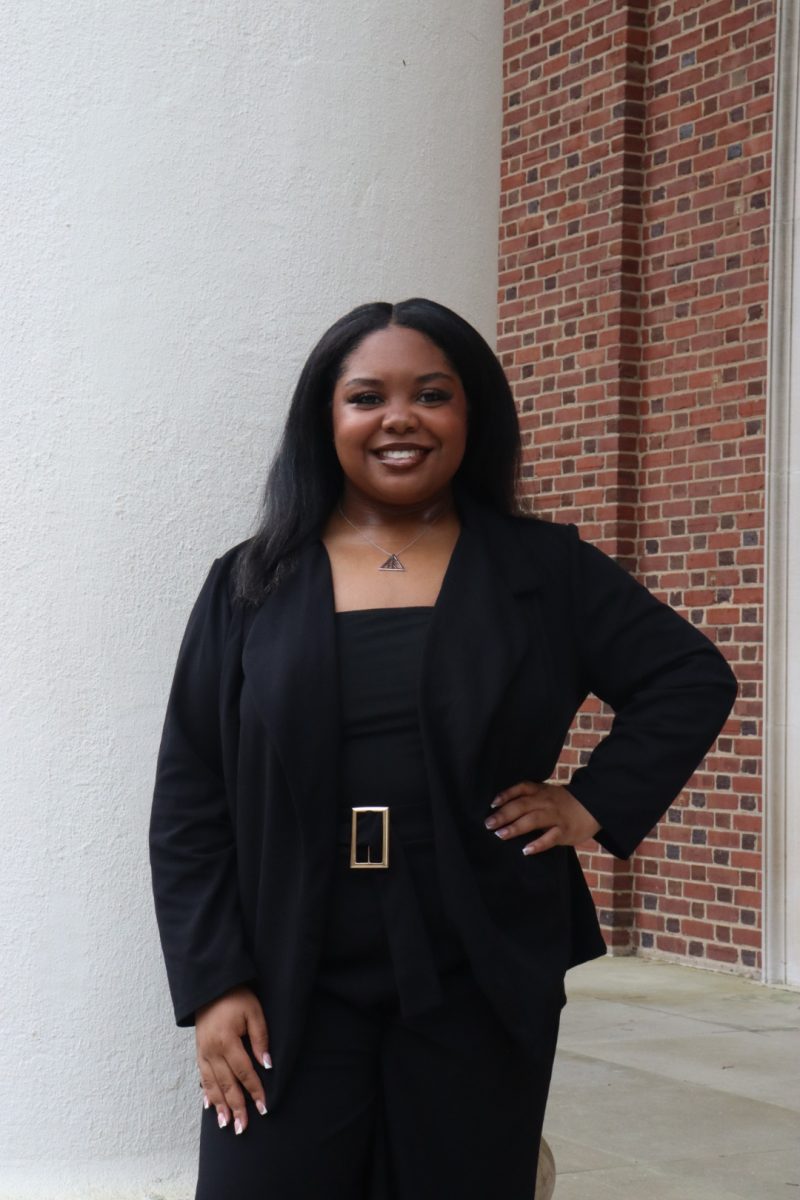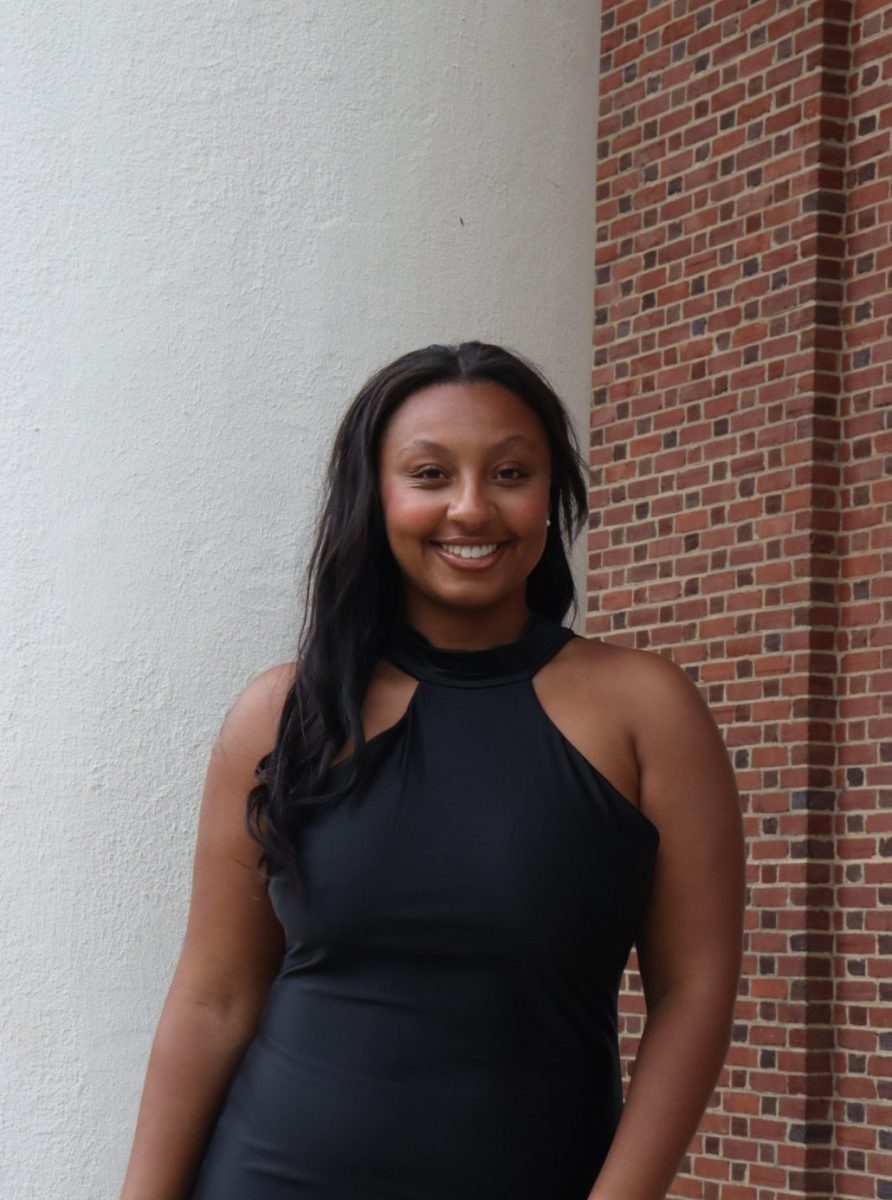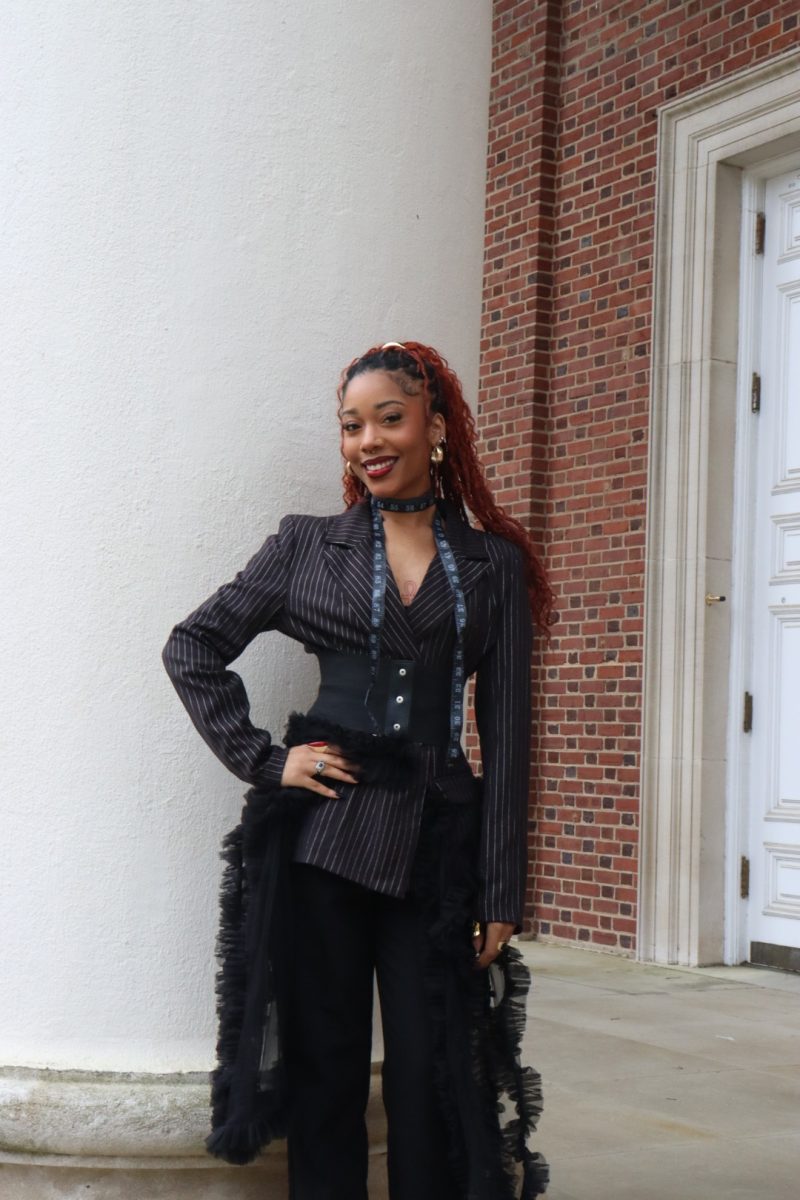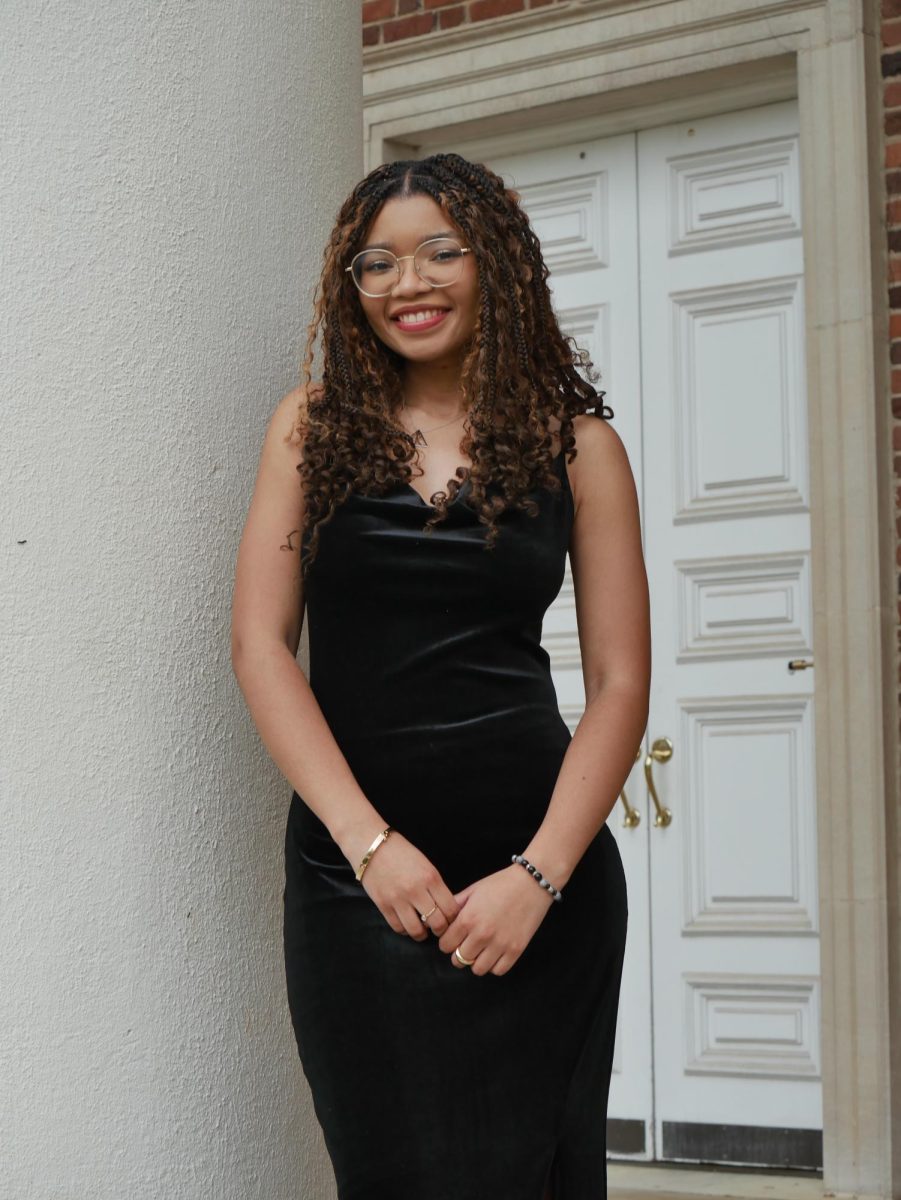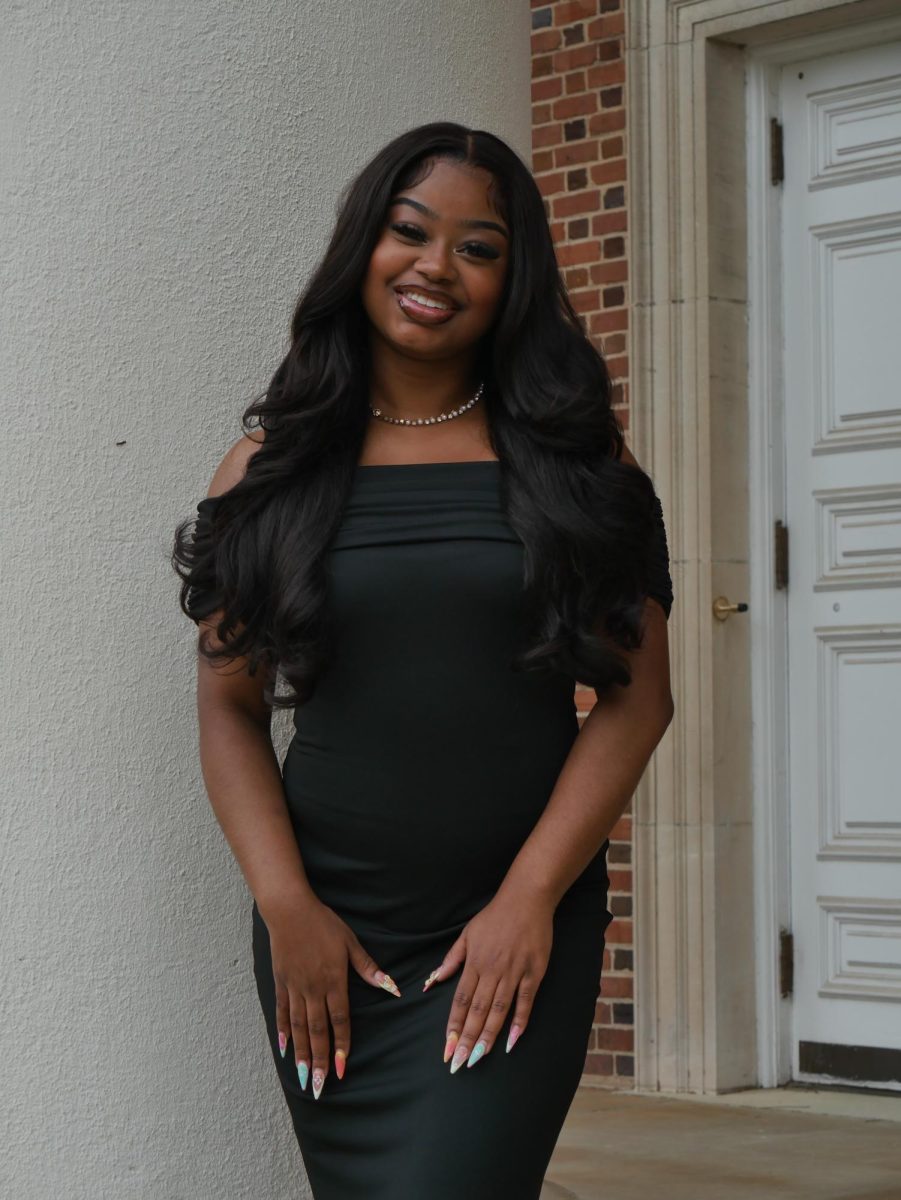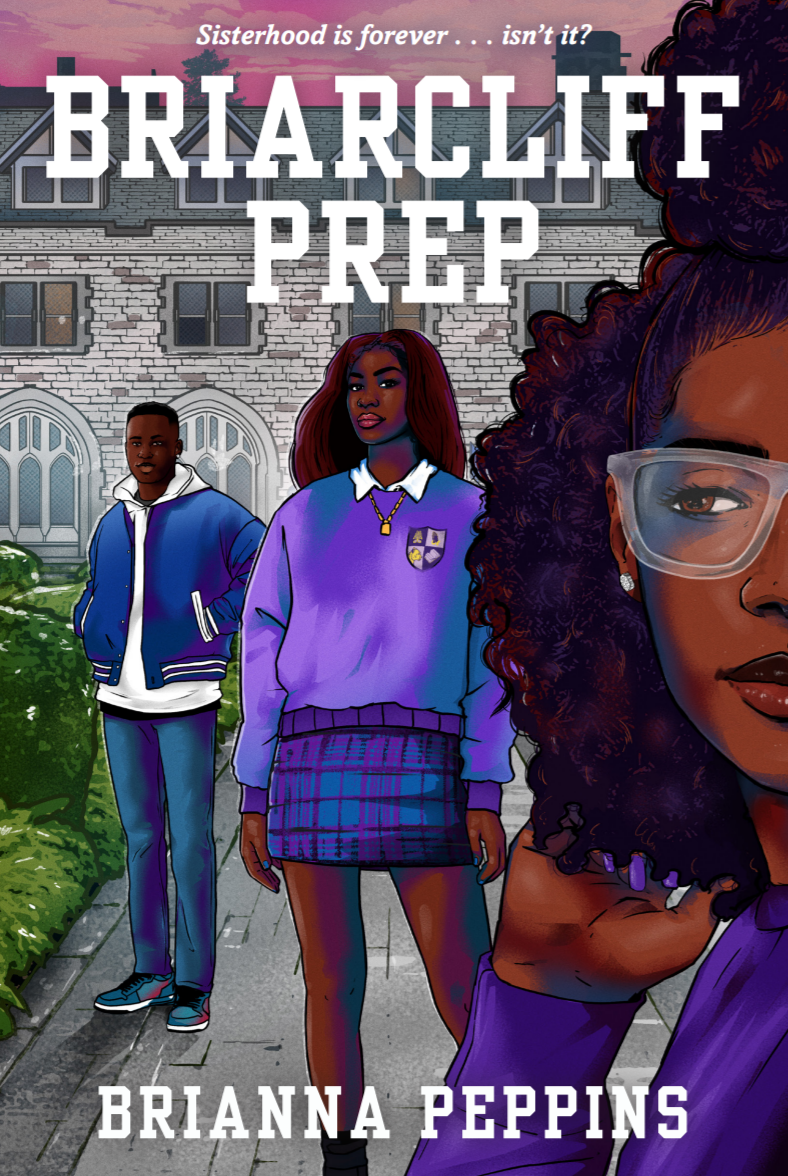G20 is the name of an upcoming action flick brought to you by Amazon Prime Video and starring EGOT-award-winning (not to mention beloved) actress Viola Davis. Alongside her are actors Marsai Martin and Anthony Anderson having their own mini Black-ish reunion, as well as actor Anthony Starr who readers may recognize for his iconic though terrifying portrayal of the supervillain called Homelander (Amazon’s The Boys).
Late last month, I got the opportunity to see an advanced screening of the film, which comes out officially on April 10th. Here’s a brief, spoiler-free rundown of the plot: President Danielle Sutton, played by Davis, travels to Cape Town, South Africa alongside several other world leaders for the annual G20 summit. If you’re like me and have next to no interest in political theater and its associated traditions, think of the G20 summit as one of those undergraduate career conferences we students are often encouraged to attend. Except, the stakes here are much higher, as instead of aspiring to get the LinkedIns of as many people as possible, Sutton prepares to present her plan to solve some of the global economic challenges plaguing the summit’s major world players in attendance.
Of course, this would not be an action movie if things didn’t go majorly wrong in the process. The summit gets hijacked by a group of terrorists led by the film’s main antagonist, a man known as Rutledge (Anthony Starr). In a stunning fashion, Rutledge manages to outwit the security teams of several sophisticated countries, taking their respective leaders hostage. President Sutton, with a backstory that includes military experience and a preference for sneakers over heels, must work together with some unlikely characters in order to escape the summit alive.
“More Black woman-led action films!!!” I scream valiantly from the edge of a proverbial, epic-looking rooftop, where an audience of screenwriters and streaming service execs look up in awe. If G20 is worth watching for no other reason, it’s the fact that you get to watch Viola Davis in fully realized form as she kicks and punches her way through several human and metaphorical obstacles. Viewers who are still grappling with last year’s IRL presidential election results may find catharsis in the portrayal of a Black woman president who is given the on-screen allowance to fully express every aspect of herself, violent or otherwise.
Luckily, there are also so many other reasons to consider watching this film. Marsai Martin, who it feels like several of us grew up with (I for one recall passing by her when she visited Spelman’s campus some time ago), plays my favorite character in the film: Serena, Danielle’s rebellious young daughter with a passion for both hacking and pissing off her secret service detail. Black girlhood is personified in Serena’s character as she utilizes her intelligence and wit to outsmart the bad guys in a manner parallel to her mother’s arc, both of which collide at the end of the film to make for an epic third act.
The film’s setting in South Africa allows for the showcase of some beautiful, culturally-inspired imagery, with rich scenery behind even the most bloody of scenes and a bold, textured color palette to compliment the brown skin of the country’s natives. Moreover, since the film is global in nature, Danielle must team up with a diverse group of world leaders whose portrayal also allows us to experience a society in which women are the predominant holders of power, asserting themselves in spite of adversity.
A final aspect of the film worth noting is how the story’s central conflict heavily involves the weaponizing of AI deep fakes. Without spoiling anything, I’ll just say that in a present where Studio Ghibli-inspired AI-art transformations and Chat GPT soliloquies have become controversially ubiquitous, I found the exploration of deepfakes and their potential implications when leveraged on a global scale to be relevant, thoughtful, and just slightly frightening.
After watching and thoroughly enjoying the film, it was an honor to then have the opportunity to speak with Davis and her husband, Julius Tennon — producer of the film — as a part of a virtual HBCU roundtable featuring students from Clark Atlanta University, Hampton University, Howard University, and Norfolk State University. After pridefully informing Davis that I attended the number one ranked HBCU in the country, I asked her how she prepared for some of the action scenes in the film. Davis gave credit to her trainer, whom she hilarious dubs, “the Lord Voldemort of trainers, the one who cannot be named, the brutalizer.”
In describing her character, Davis passionately explains, “who Danielle Sutton is in this movie is a woman; a Black woman who became president; a mother; a wife; [someone] who…had to step into her power and step into who she was when she is met with a challenge.”
Davis also names Black women actresses Teresa Graves, Christie Love, and Angela Bassett as inspirations for her performance in G20. Finally, Davis leaves us with some timely and inspiring affirmations for any reader who may need to hear them. “This is what I was armed with: the belief that I can do it. The belief that I’m capable. The belief that I’ve been liberated from the definitions of the world. And the belief that I have already been born whole and capable. And with that belief, and that foundation, that was a jumping-off point to create this character.”
G20 premieres on Amazon Prime Video on April 10th. Zariah’s full interview with Viola Davis and Julius Tennon can be viewed via @thespelmanblueprint on Instagram.
